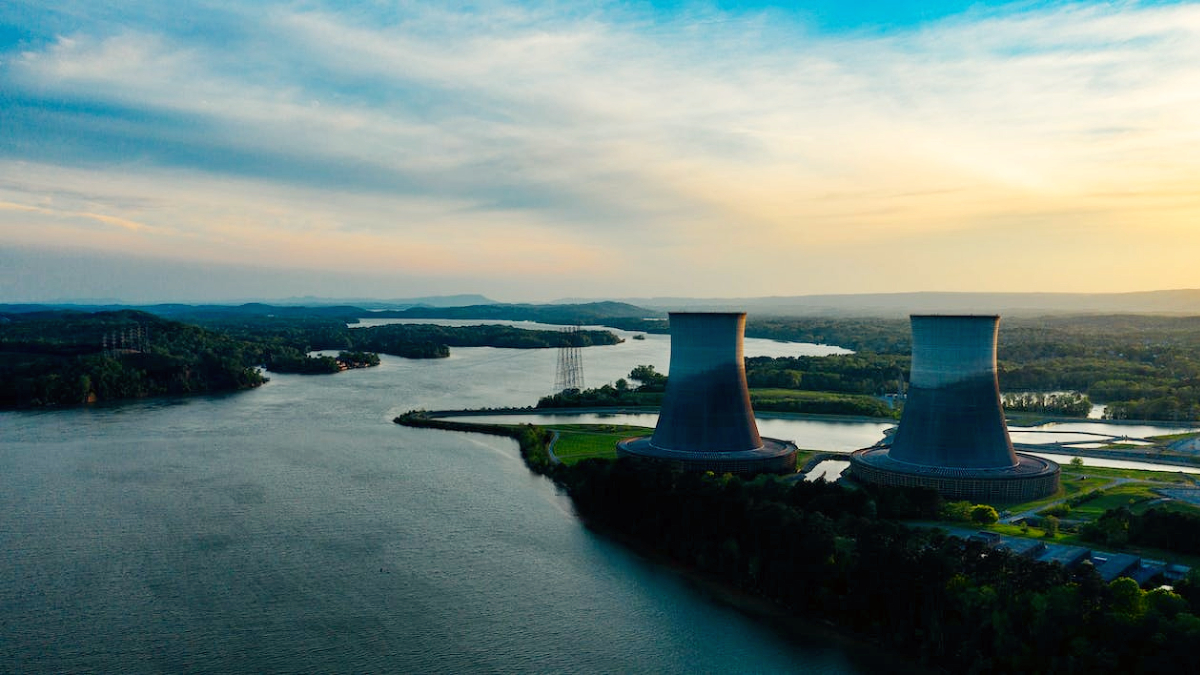Located in North Carolina, Camp Lejeune was once a respected marine base. Military personnel stationed there felt immense pride, accomplishment, and patriotism. However, everything changed in 1987. That’s when researchers found volatile organic compounds (VOCs) in Camp Lejeune’s drinking water.

Between 1953 and 1987, an off-base dry cleaning company used illegal disposal methods while discarding chemical waste. It contaminated the Hadnot Point and Tarawa Terrace water treatment plants at Camp Lejeune. Hence, the water had traces of benzene, vinyl chloride, degreasers, and industrial solvents.
For 34 years, Marines, civilian employees, and dependents drank this contaminated water. As a result, they developed severe side effects and health complications. Some of them include cancer, multiple myeloma, lymphoma, and more.
Over 1 million people were affected by Camp Lejeune’s contaminated water. These veterans and civilians blamed the government for not taking proper precautions to prevent such a disaster. This article will discuss the lessons learned from the Camp Lejeune water contamination incident.
#1. Regular Testing Efforts at Public Water Sources
The government is responsible for providing proper resources for water safety. However, they failed the Camp Lejeune residents. The water contamination event at Camp Lejeune highlighted a crucial flaw in water testing methods.
Inadequate monitoring of the water treatment plants allowed the VOC contamination to spread undetected. As a result, anyone living on the base developed health issues due to toxic chemical exposure. Of course, regular water testing could have detected the contaminants before they got out of control.
Early detection would have enabled authorities to prevent further exposure. In 2022, the government stepped forward and granted USD 1 billion in funding to communities affected by water contamination.
Testing water supplies can help the government detect harmful pathogens, industrial contamination, and bacteria. This way, they can ensure safe drinking water for the residents and protect the environment.
Currently, the Camp Lejeune water meets government standards and is tested regularly. It will prevent future disasters and ensure the safety of the community. Residents can also check the yearly water quality reports for various treatment plants.
#2. Need for Transparency between American Citizens and the Government
The Camp Lejeune residents filed water contamination lawsuits against the government for negligence and failure to warn. Some speculate that the authorities knew about this contamination for decades. Hence, the lack of transparency from the government made the veterans and affected individuals furious. They blamed the authorities for widespread exposure and a delay in legal proceedings.
Therefore, the Camp Lejeune incident highlights the importance of timely communication between the government and citizens. The plaintiffs were mistreated, and their lawsuits were revoked due to minimal evidence. However, it all changed with the introduction of the Camp Lejeune Justice Act (CLJA) in 2022.
The Biden government passed this bill to allow all Camp Lejeune victims to file claims, irrespective of their injury’s extent. According to TorHoerman Law, this bill triumphs over the Feres Doctrine. That means the Camp Lejeune victims can now file lawsuits against the federal government for service-related injuries and wrongful death.
The CLJA revoked the government’s immunity from lawsuits filed by military personnel. Therefore, government agencies learned to prioritize transparent communication, especially about environmental hazards.
#3. The Importance of Holding Responsible Parties Accountable
The water crisis at Camp Lejeune demonstrated the consequences of inadequate verdicts. There will indeed be irreversible environmental consequences if the responsible polluters are not held accountable.
For instance, the contaminated water treatment plants at the marine base have now been closed. However, the dangerous chemicals seeped into the soil and contaminated vegetation.
The government neglected the victims and did not accept accountability for many years. This contamination scandal proved to be a dark period for America. However, the authorities soon learned the importance of constant vigilance against water contamination.
According to CNN, nearly half of America’s tap water has industrial contaminants like ‘forever chemicals.’ The Environmental Protection Agency (EPA) needs to step up and regulate drinking water quality for everyone. If government bodies hold polluters accountable, it will act as a deterrent for future violators. As a result, it will prevent water contamination disasters and bring justice to the victims.
Other Lessons from the Camp Lejeune Incident
The Camp Lejeune event is a tragic example of the effects of water contamination. It acted as a learning curve for the government. They understood the importance of preventing such disasters and learned a valuable lesson for public health protection.
Other examples of those lessons are:
- Unbearable loss and suffering associated with water contamination side effects
- The importance of community activism and environmental whistleblowing
- A need for prompt and effective response to water contamination
- The water contamination effects on women and children are severe
Victims faced multiple challenges when suing the federal government. Most of the plaintiffs are still struggling to get benefits.
Today, the Camp Lejeune water is safe to drink. There are over 170,000 residents with access to family support, childcare, shopping, and more. These residents can personally check the water quality and keep waste products away from the water source. However, the water contamination events will forever linger in the lives of veterans and ex-residents.




